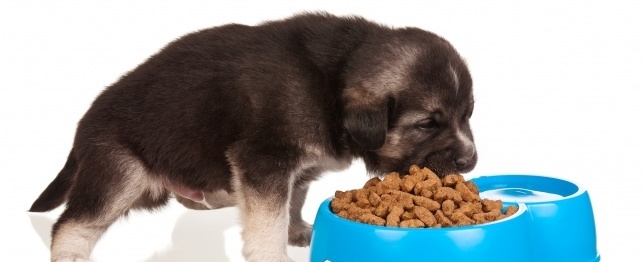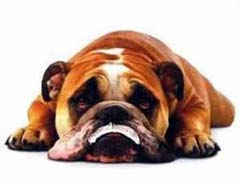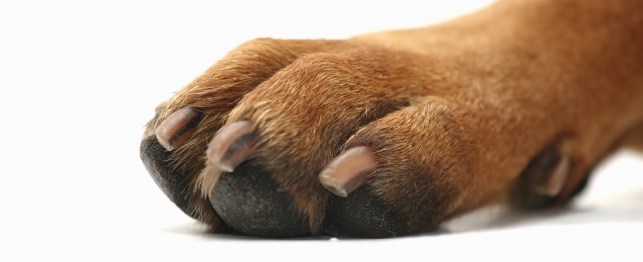The oral wellness of puppies plays an critical function in their health and well-being. The improving life span of the modern dog exposes quite a few senior dogs to health issues caused from years of ignored dental care. The life-long oral health of your dog takes place when they are puppies. Puppies have 28 temporary teeth (called puppy teeth or milk teeth) that start coming in at about 4 weeks of age. The puppy teeth typically fall out between 14 and 30 weeks of age as they are replaced by 42 adult teeth. If you have a puppy in this age range, there are some factors to keep in mind to assure their life long oral health.
Ordinarily deciduous (puppy) teeth begin falling out and are replaced by permanent teeth about 4 1/2 months of age. Nonetheless, the deciduous teeth may not be lost as scheduled; this translates into a challenge because now there is insufficient room for the permanent tooth to erupt. If a puppy is not losing their milk teeth rapidly enough the growth of a new tooth can be crowded away from its natural position possibly creating a malocclusion. Malocclusions is when the dog's teeth are misaligned causing a under or over bight. Prevention is always much better than treatment. Early recognition of a trouble is important to avoid discomfort and pain to the dog and prevent the development of severe pathology.
Prevention is attained by basically removing teeth that have not fallen out and are beginning to crowd the puppy's permanent teeth. The typical bite of a dog is known as a scissor bite; the lower canine teeth fit between the upper third incisor and the upper canine, secondly there is the proper interlinking of upper and lower premolar teeth. Using a diagram that indicates the correct position of a dog's teeth can allow owners to quickly determine if their puppy's permanent teeth are growing in the correct position. If your puppy's milk teeth have not all fallen out by 30 weeks of age veterinarian dentistry will be needed to extract the teeth.
The most common problem for dogs is the build up of plaque, which can accumulate and harden to chalky calculus on the teeth. A puppy's teeth and gums are very healthy in the earliest months of their lives leading several owners to ignore caring for their dog's teeth. This gradually leads to the build-up of harmful plaque causing bacteria. The strategy of prevention is extremely powerful in achieving life-long oral health for your dog. This is why it is so essential to create normal dental care at home for your dog. The best canine oral care products include all natural advanced formulations that eradicate the damaging bacteria that cause the beginning of periodontal disease.
The regular care for your puppy's teeth will supply them with fresh and clean breath. This has a real advantages over and above the lack of the typical bad breath in dogs. A few health ailments that afflict dogs present themselves via the dog's breath. These signs and symptoms go unnoticed in dogs with chronic bad breath but are very easily detected in dogs with typically pleasant breath. Odds are the friendship that develops between you and your beloved dog will be life long and strong. The full satisfaction of knowing you in a position to be a true advocate for your dog's health care can be fulfilling and no better way to get started than making sure your puppy's teeth and gums are healthy.

 Proper Diet and Nutrition for Your Puppy
Proper Diet and Nutrition for Your Puppy
Proper Diet and Nutrition for Your Puppy
Proper Diet and Nutrition for Your Puppy
 Canine Lung Cancer Symptoms
What i
Canine Lung Cancer Symptoms
What i
 Dog Odor Causes
Dog Odor Causes
Dog Odor Causes. As be
Dog Odor Causes
Dog Odor Causes
Dog Odor Causes. As be
 Puppy Care Recommendations
Puppy Care Recommendations
Puppy Care Recommendations
Puppy Care Recommendations
 Summer Paw Pad Injuries & Paw Pad Care for Dogs
Summer Paw Pad Injuries & Paw Pad Care for Do
Summer Paw Pad Injuries & Paw Pad Care for Dogs
Summer Paw Pad Injuries & Paw Pad Care for Do